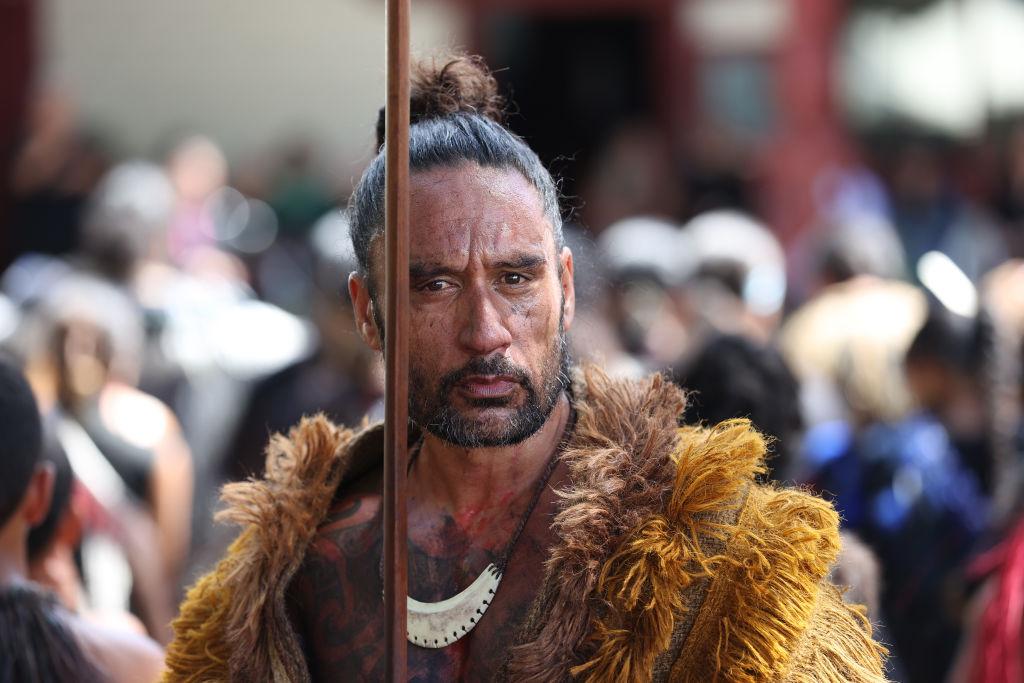A major New Zealand retailer is back peddling on using Māori names for some of its products after deeming them culturally insensitive.
Mitre 10’s Legacy brand has covered over existing stock with stickers to hide products emblazoned with a Māori word for the products which include toilet seats and toilet paper holders along with other bathroom fixtures.





